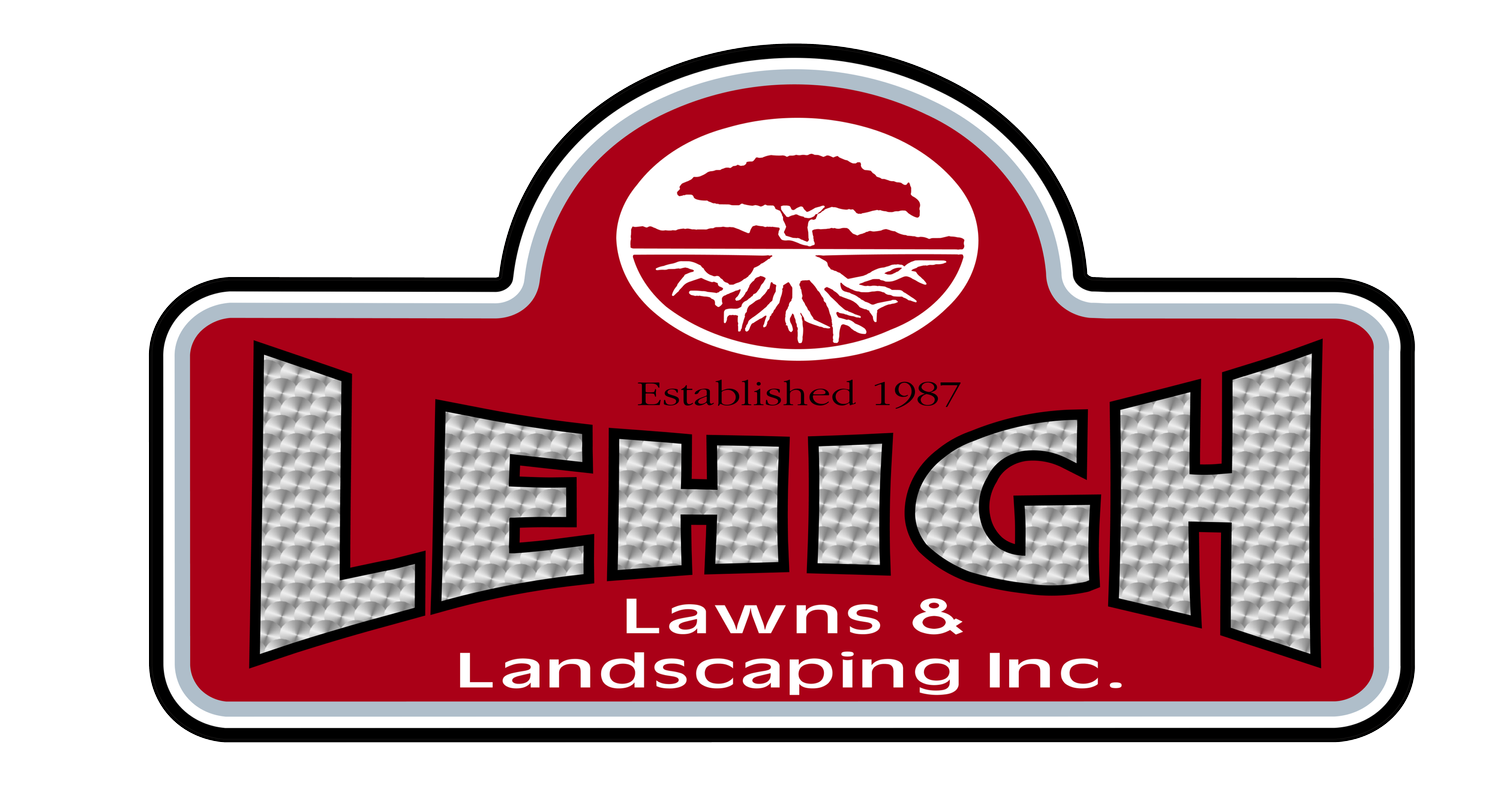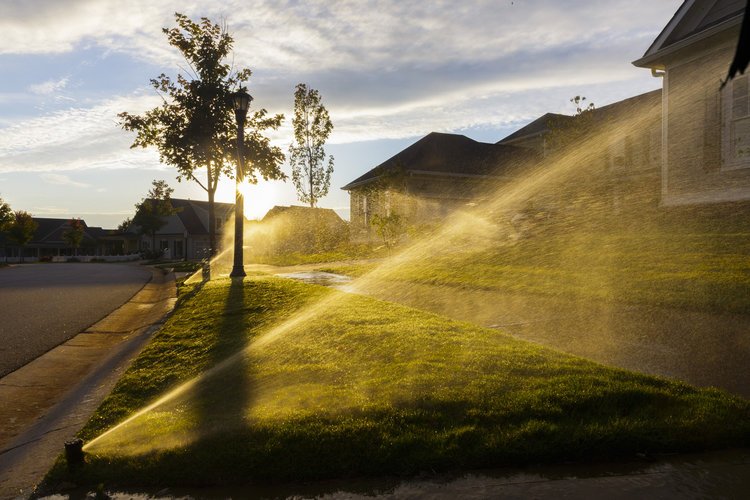Maximize the Efficiency of your Irrigation Systems
Whether you’re looking to save water for environmental or cost purposes, or simply want to make sure your irrigation systems are running to the best of their capacity, these tips will help limit the amount of water, energy and needless hassle your Poughquag, NY lawn and plant irrigation systems require.
Maintenance and replacements
Regular maintenance and replacing broken parts as needed will ensure that leaks do not limit water pressure and reduce the effectiveness of irrigation. This is, in fact, one of the most effective ways of increasing the efficiency of landscape irrigation systems. Sprinkler heads should be replaced all at once or as close together as possible. With time, the diameter of the sprinkler holes widens, decreasing water pressure and reducing uniformity of spray. This can increase the amount of water used and lengthen the time needed for an effective application of water. Schedule routine maintenance to your irrigation system for early spring to repair winter damage and then again in the late fall to prepare for frost. Monthly check-ups are also recommended.
Inground pipes
Inground pipes have a number of advantages over unburied irrigation pipe systems. Not only are they less visually intrusive and aren’t liable to get caught up in a lawnmower, they’re also generally less prone to leaks, wear and ice damage. They’ll still need to be pumped out for winter, but they’re definitely a safer bet than an unburied sprinkler system or manual garden hose watering methods. Buried irrigation systems are also more cost effective and will save on water expenditure.
Provide drip irrigation to plants that need it
Drip irrigation that allows water direct access to the roots of plants means that less water sits on the surface of the ground, wasted to evaporation and ultimately contributing to the growth of weeds. Less nutrients are leached out of the soil this way and soil erosion is limited. However, not all plants respond to drip irrigation. It would be ineffective to use drip irrigation on your lawn, for example. But for plants that do respond to drip irrigation, it can be an effective way to increase the efficiency of your irrigation system overall.
Reduce irrigation to two or three times a week
Not only is too much water for your lawn or plants unnecessary, it may be harmful, raising the risk of exposing your plants to rot and fungus. A thorough watering two or three times a week is ample. This will provide grass with all the moisture it needs, while encouraging a deep root system that is better equipped to deal with drought and environmental stressors. The important thing to remember when deciding on how much to irrigate your lawn is ensuring the soil remains relatively soft and your lawn stays green. Soggy or compacted soil and brown patches of lawn are signs that your lawn irrigation is not at optimal efficiency.
Schedule lawn irrigation to early morning
Maximize the Efficiency of your Poughquag NY Irrigation Systems
Early morning irrigation will ensure deep penetration of the soil before the sun comes out and evaporation limits how much water can soak into the soil. It also ensures that the soil has time to be able to dry or drain properly before nightfall. A lawn that remains soggy overnight runs a higher risk of being exposed to rot, fungus and disease.


